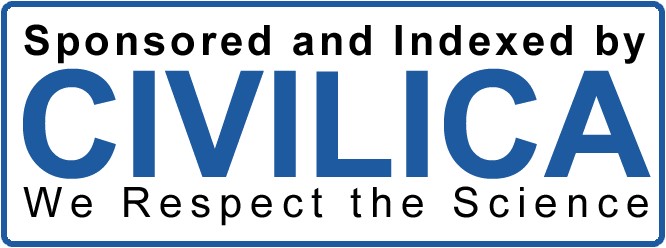Identifying Psychological Strategies for Coping with Relapse in Individuals Recovering from Substance Use
Keywords:
Addiction recovery, relapse, psychological strategy, thematic analysis, personal identity, self-monitoringAbstract
Relapse remains one of the most significant challenges in addiction recovery. Understanding the psychological strategies employed by individuals in recovery to resist relapse and avoid high-risk behaviors can enhance treatment processes and preventive programs. This qualitative study aimed to identify effective psychological coping strategies from the perspective of individuals with successful recovery experiences. Thematic analysis was used as the research method. Fifteen participants with a history of substance use recovery and active involvement in group therapy sessions were selected using purposive sampling. Data were collected through semi-structured interviews. Thematic analysis revealed four core themes: “reconstruction of personal identity,” “cognitive monitoring of triggering thoughts,” “structuring daily routines,” and “internal reliance on personal values.” Findings demonstrated that participants utilized self-regulation, social support, and a reevaluation of life perspectives to maintain abstinence. These strategies enhanced resilience and reduced vulnerability to relapse. The study underscores the importance of incorporating individualized psychological components into relapse prevention programs.
Downloads
Published
Submitted
Revised
Accepted
Issue
Section
License

This work is licensed under a Creative Commons Attribution-NonCommercial 4.0 International License.






